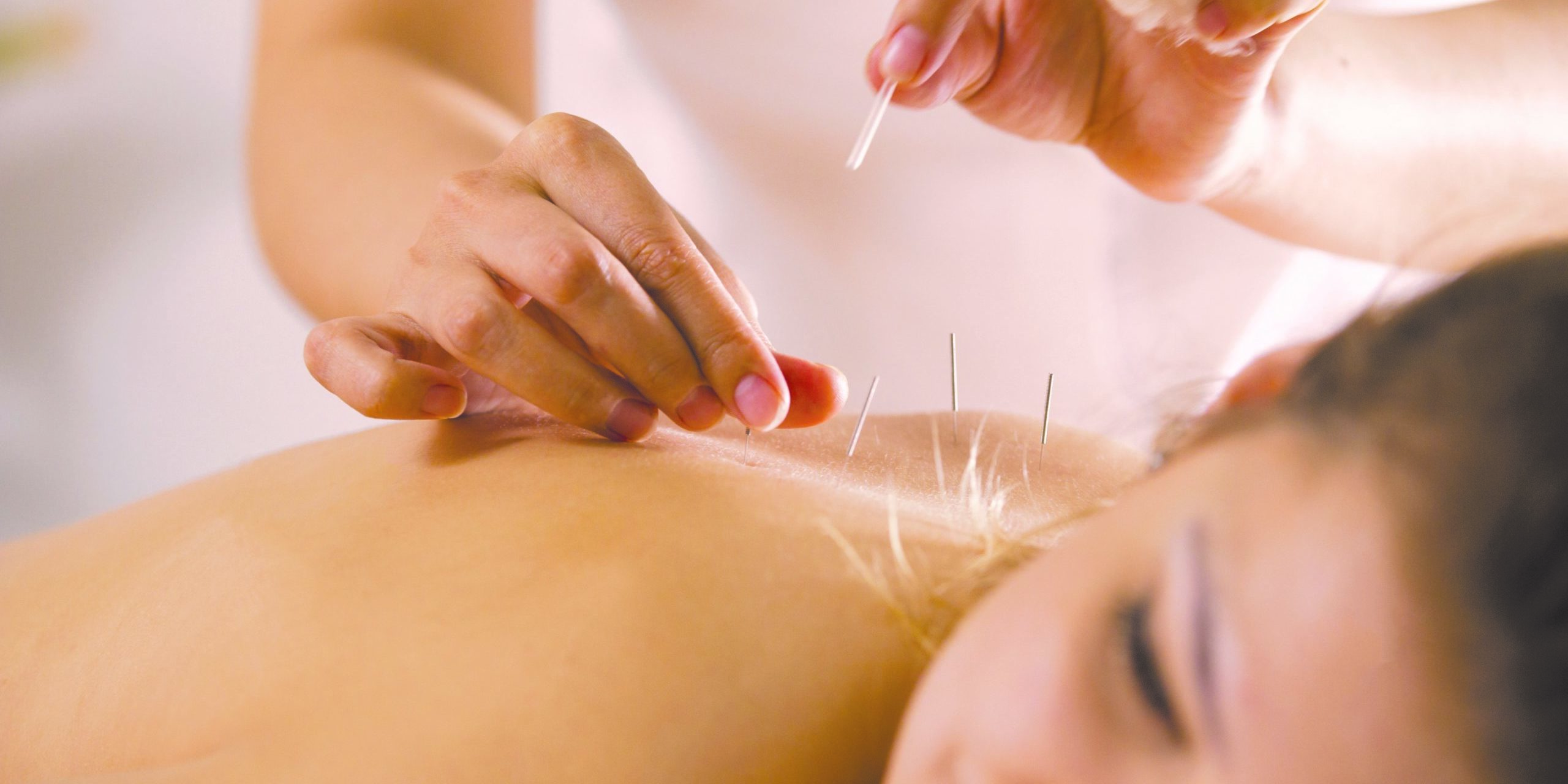 The ancient art of acupuncture has been used for centuries in Asia to treat a wide range of conditions and to help relieve pain. It has recently gained more popularity as a treatment on its own or in combination with more conventional Western medicine treatments.
The ancient art of acupuncture has been used for centuries in Asia to treat a wide range of conditions and to help relieve pain. It has recently gained more popularity as a treatment on its own or in combination with more conventional Western medicine treatments.
In traditional Chinese medicine, acupuncture is a technique for balancing the flow of energy or life force know as chi – which flows through pathways or meridians in your body. By inserting very thin needles into the skin at precise points on the body along these meridians, it is believed that your energy flow will re-balance. The aim of re-balancing energy flow through acupuncture is to decrease pain and restore health to the body and mind. Many Western medicine practitioners view acupuncture points as places to stimulate nerves, muscles and connective tissue that may boost the body’s natural pain killing response.
Can acupuncture really help to relieve your pain?
Acupuncture is recognized by the National Institutes of Health and the World Health Organization as effective treatment for a wide variety of medical problems. Many people find it helpful as a means for controlling a variety of painful conditions. Acupuncture can help with pain management in the following areas:
- Back and neck
- Headaches
- Sciatica
- Spinal stenosis
- Herniated disks, arthritis
- Shoulder/arm
- Hip/leg
After acupuncture treatment some people feel relaxed and others feel energized. Some patients experience an immediate total relief of their pain. Others experience partial relief, which may last or return. In a few cases, there may be no immediate relief only to notice the pain diminish over the next couple of days. However not everyone responds to acupuncture. If your symptoms don’t begin to improve within a few weeks, acupuncture may not be right for you.
“Acupuncture is extremely safe and complication rates are low,” says Patricia Dodd, NP, and licensed acupuncture practitioner at Mather Hospital. However, not everyone is a good candidate for acupuncture. If you have a bleeding disorder or are taking blood thinners, have a pacemaker, or are pregnant, you may be at risk of complications. Talk to your healthcare provider to see if acupuncture is an appropriate treatment option you for you. if you do decide to try acupuncture, seek out a licensed and experienced acupuncturist.

